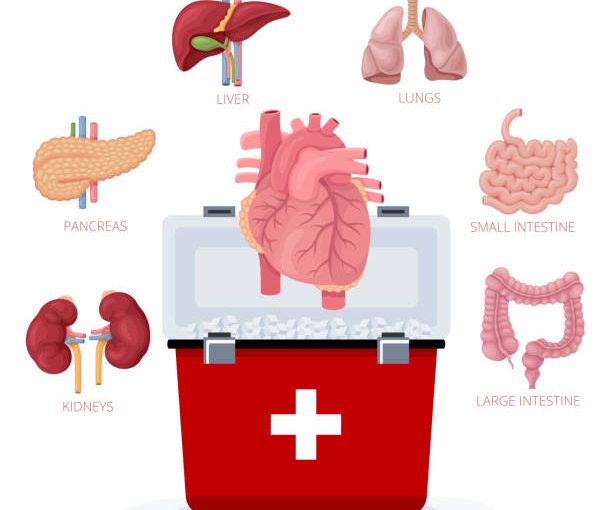By Rajan Narayan
IT IS not niz Goenkars donating kidneys and other organs of the human body like kidneys, liver, heart to those desperately in need and on a waitlist. Even though kidney failures are becoming increasingly common in Goa. Most of us can survive with one kidney and donate the other kidney to someone in need. In the case of those whose both kidneys have failed the only option is to wait for someone to donate a kidney.
Kidneys can be transplanted from live donors. The best alternative is donations made by the next of kin such as wives or parents, once an accident victim is declared brain dead but whose heart still beats. Joint-director of the Goa State Organ and Tissue Transplant Organisation Dr Preeti Varghese in the most recent organ donation event ( January 28, 2025} revealed that seven of the eight organ donors were poor migrants. It is not the glamorous and the rich who are donate organs for their loved ones to live. Dr Varghese pointed out that such things as blood and body organs are surely above caste, religion and community divides.
She revealed that the organs are donated by migrants in Goa who “come from pitiable economic backgrounds like Jharkhand, Chhattisgarh, Madhya Pradesh, Odisha, Uttar Pradesh and Karnataka. They work very hard to help their families back home in the villages. Their pockets may be small but their hearts are very big.”
Among the donors were a construction worker, a plumber, a driver, a hotel kitchen worker and a man whose father ran a paan gaddo in Panaji. Ajay Giri from Odisha worked as a plumber at Manipal Hospital in the hospital dialysis unit. Damaged kidneys require regular dialysis, which is the process of cleaning infected kidneys with mineral water. Giri’s relatives donated his kidneys when he was declared brain dead.
Govind Yadav, a father of three from a remote village in Jabalpur in Madhya Pradesh, just last week gave a new lease of life to five people, when his wife, working as a construction worker, consented to donate his organs. The heart, lungs, kidneys and liver were all transplanted. All the kidneys donated were used for the benefit of Goans in Goa and transplanted on patients waiting on a long waiting list. Those who want kidney transplants are required to register with the State Organ and Tissue Transplant Organisation (SOTTO). Transplant surgery for kidneys is performed free of cost at the GMC.
Unfortunately, Goa does not have facilities for the transplant of heart, liver and lungs. These are transported to super-speciality centres in other parts of the country like Mumbai, Chennai and even Indore. If facilities for transplant of heart, liver and lungs from donated organs were to be made available in Goa, these donated organs may be good for Goan patients.
It is significant that in 2025 in the very first month the organs of three young people, who met with accidents, were donated by their families. Many of these families did not know about organ transplant and what it implied. But once counselled and motivated they readily agreed to donate the organs of their dead loves one. Organ transplants can be quite complicated. The organs have to be removed and kept alive to be used within maybe the first four hours. Plus, they also have to be cleared for compatibility to prevent rejection in the beneficiaries.
In the case of organs transported outside Goa, green corridors have been set up to ensure that the organs reach the airport and destined hospital with the time required. Carefully packed organs are air lifted to cities and to hospitals where patients are kept ready for the organ transplant. In Goa, Dr Preeti Varghese has been coordinating SOTTO for over a decade.
In Goa kidney transplants are performed by Dr ND Tiwari, Head of the Nephrology department of the Goa Medical College & Hospital. The Healthway hospital also has facilities for kidney transplants by a team headed by Dr Madhumohan Prabhudesai. The doctor endorses the appeal to all Goans to come forward to donate organs for their own near and dear ones. This should be done upon the death of a family member due to accidental or natural causes. The organs are harvested from patients certified as brain dead by the head of the Neurology department, Dr Theresa. The wait list is very long and the more donations are made the brighter the chances of survival of a patient whose kidneys are failing.
